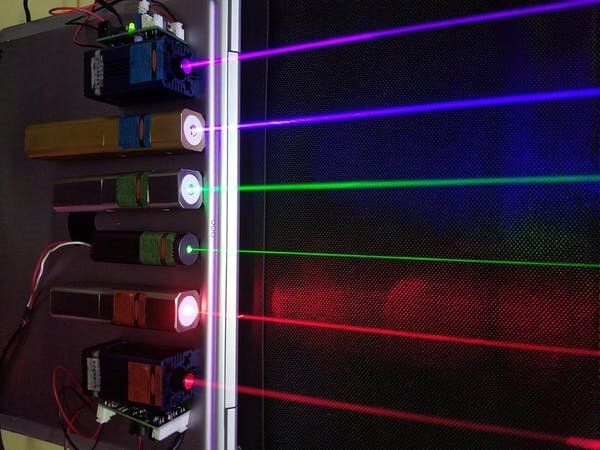Lasers were created 60 years ago this year, when three different laser devices were unveiled by independent laboratories in the United States. A few years later, one of these inventors called the unusual light sources “a solution seeking a problem”. Today, the laser has been applied to countless problems in science, medicine and everyday technologies, with a market of more than US$11 billion per year.
A crucial difference between lasers and traditional sources of light is the “temporal coherence” of the light beam, or just coherence. The coherence of a beam can be measured by a number C, which takes into account the fact light is both a wave and a particle.
From even before lasers were created, physicists thought they knew exactly how coherent a laser could be. Now, two new studies (one by myself and colleagues in Australia, the other by a team of American physicists) have shown C can be much greater than was previously thought possible.










Comments are closed.